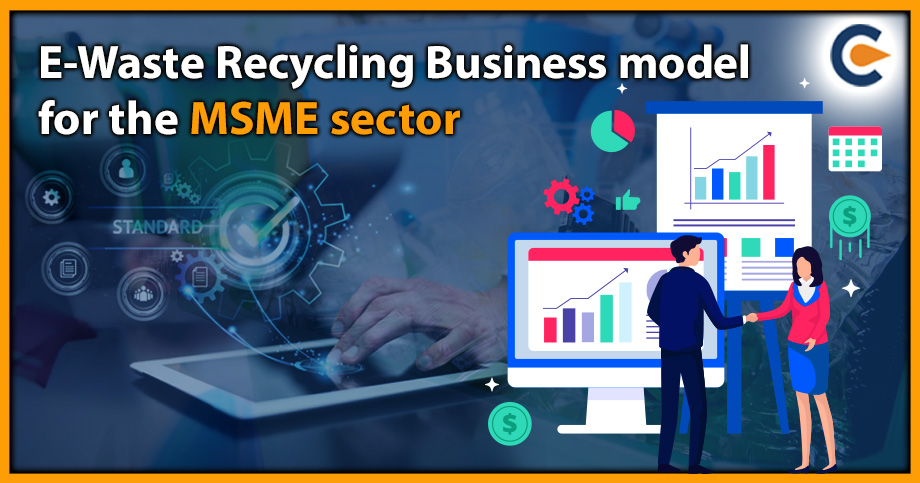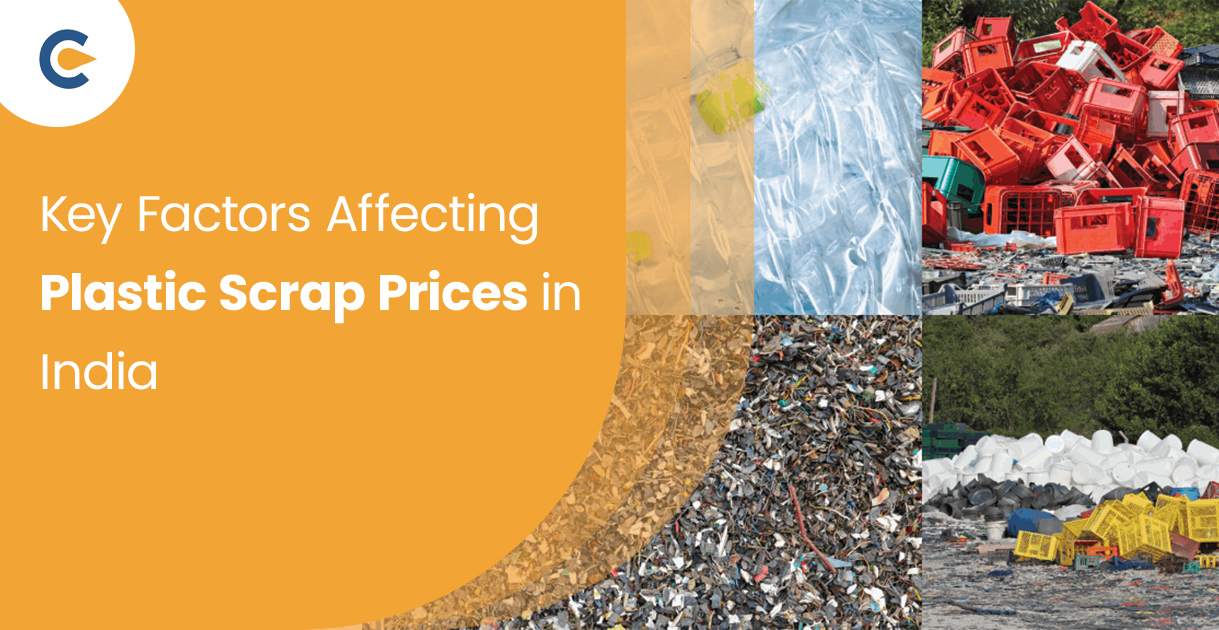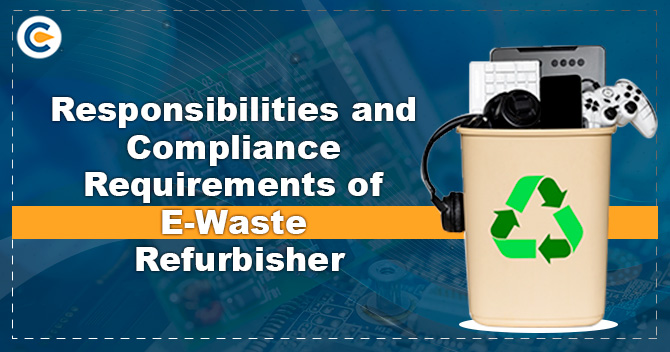The management of E-waste has become a growing concern in this era. The tremendous increase in the growth of the IT sector has fuelled electronic penetration into an everyday product. The increase in the demand of consumers for electronic gadgets and growing requirements for upgrading to new technology cause E-waste accumulation.
Some of the E-waste is hazardous; therefore, this waste can’t be treated the same as solid waste as it contains some toxic metals such as lead, arsenic, and mercury. So proper waste management is needed to treat the E-waste.
The Potential of E-Waste Recycling Businesses
If a country faces tremendous growth in the electronic industry, simultaneously, there is exponential growth in E-waste. As the volume of E-waste grows, electronic waste recycling becomes more important. E-waste can’t be considered trash since it has toxic elements hazardous to the environment. But efficient use of E-waste management may turn this E-waste into a profit-making business.
Electronic waste contains a great degree of precious metals. After the E-waste has been recovered, proper processing can derive the valuable metals. A properly identified plan can make the e-waste recycling business model profitable.
The MSME sector can initiate the E-waste recycling business with a proper business plan. However, significant capital investment is required to start an e-waste recycling business. To begin with, an initial investment is needed to get licenses and permission from government authorities. The business also needs a proper dump yard and a place to run your company.
A Step-By-Step Guide for an MSME Sector to Start Its E-Waste Recycling Business
Market Analysis
The first step in setting up any recycling business is market research. It is essential to thoroughly study electronic waste (E-Waste) and its recycling methods before planning for the E-waste recycling business. Prepare a market analysis based on the availability of the type of electronic waste, its properties and methods to dismantle the E-waste. Plan for the raw materials availability nearby, either from EEEs or individuals, to avoid the maximum investment in transportation costs.
Choosing the type of E-waste Management
Choosing the service you can provide as an e-waste recycling business is essential. The E-waste items selected will be primarily determined by how the local retailers and wholesalers will value them. Depending upon the market analysis and consumer needs, a business should choose an E-waste service from different fields like data destruction, e-waste collection, reconstruction and re-sale of old electronic items, and de-fabrication and distribution of unused electronic components.
Business Strategy
Plan a proper business strategy, this plan is crucial for the long run of the business, and it also serves as a road map for its future operation. The plan should comprise the following.
- Cost of investment, both initial and approximate running cost.
- List of companies or any local bodies from where the E-waste is going to be collected.
- List of needed equipment/machinery
- Workforce estimation
- Estimating the production capacity
- Based on the market analysis, finalise the cost of the end product, either the repaired and re-sale product or recycled product.
Suitable Location
Before starting a business, it’s essential to find a location for the business. Starting a business in a location where resources such as raw materials, water availability, electricity availability, and transportation facility are available. The space should be accommodative for all the operations like E-waste storage, segregation, dismantling, shredding, final storage area and packing end products area. The key thing is that the space should be accessible to heavy trucks and vehicles to move large electronic waste such as televisions and other large items in and out of your garage.
Legal Permit
Getting a legal permit as an MSME[1] and E-waste recycler is an important step in E-waste recycling. First, the company should be registered with MSME, and later, the business should get proper permission from CPCB/SPCB for authorisation to start an E-waste recycling business.
Procedure for a company to register as MSME
The government has classified the business into micro, small and medium enterprises based on annual returns and investments.
| Criteria | Micro | Small | Medium |
| Investment& Annual Turnover | Less than 1 crore and less than 5 crore | Less than 10 crores and less than 50 crores | Less than 50 crores and less than 250 crores |
Registration Process
To register a company under the MSME Act, Aadhar number is compulsory. Any enterprise that comes under the definition of MSME can apply for the Udayam registration under MSME Act to get the benefits provided by the government under MSME Act.
Documents Required For MSME Registration
- Aadhar Card
- PAN Number
- Address of the business
- Bank Account Number
- Investment Details
- Plant and equipment details
- Turnover Details
- Partnership deed, if any
- Copy of bills of purchased equipment
CPCB Guidelines for E-Waste Recycling Business
As per CPCB, a recycler is one who is engaged in recycling and reprocessing waste electrical and electronic equipment or its components.
- Recyclers may set up their collection centres, and those details should be entered in their authorisation document.
- The final product of the recycler must be sent/sold to users or other recyclers with valid CTO from SPCBs.
- A recycler should be a part of the E-Waste producer’s system.
- Get consent to establish (CoE) from respective SPCBs/PCCs.
- Get consent to operate (CoP) from respective SPCBs/PCCs.
- Obtain authorisation from SPCBs/PCCs under the E-Waste (Management) Rules, 2016.
- A recycler should maintain a proper delivery record.
- Discharging end-of-life products should not damage health, the environment and the product itself.
Documents Required For Registration for E-Waste Recycler
- Copy of valid Consent to Operate.
- Copy of registered certificate issued by the District Industries Centre or MSME
- Manufacturing process flowchart & description.
- Details of Pollution Control devices.
- Photograph of the unit/production site.
- Details of worker/ staff/ management.
Machinery/Equipment
The machinery required for E-waste management is a crusher, grinder and shredder.
E-Waste Recycling Process
The E-waste recycling process is the labour intensive work where some labour force will be needed to complete the process.
- Sorting
- Dismantling
- Reduction Process
- Magnetic Separation
Cost To Set Up E-Waste Recycling Business
The business’s initial capital expenses may range approximately from 30- 40 lakhs. The running expenses of the company may range from 25- 40 lakhs, including the following expenses.
- Cost of the scarp
- Logistic expenses
- Marketing expenses
- Human resources cost
- Contingency expenses.
Advertising
Advertising in print and social media platforms is essential for a successful business, and creating a company website and social media account will help the customer contact the business directly.
Government Schemes To Support the MSME Sector
The government has initiated many schemes to boost the MSME sector, the businesses planning for micro or small or medium start up can utilise these government schemes to sustain their growth. Some of the government initiatives are
- Make in India
- Stand up India
- Start-up India
- Atmanirbhar bharat Abhiyaan
Conclusion
E-waste is responsible for over 70% of all environmental emissions. One of the most critical ways to lower emissions worldwide is through e-waste management. The E-waste recycling business has a good market because of the increase in consumption of electronic household items and gadgets among the people multiplying the E-waste from the current scenario. Careful preparation and implementation will make the E-Waste recycling business successful.
Read Our Article: Overview Of EIA Guidelines For Development Projects











